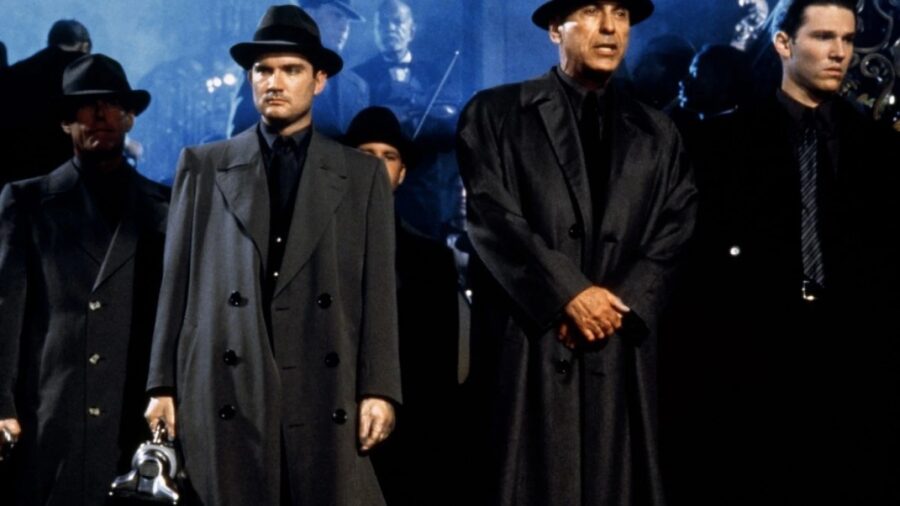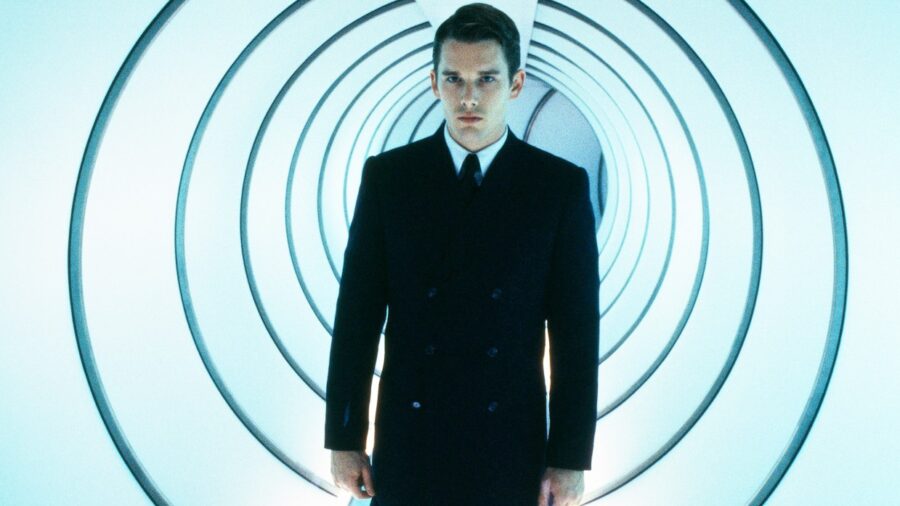NASA Ranks Dystopian Thriller As The Most Accurate Sci-Fi Movie Ever Made

Usually, there’s no fiction involved in NASA’s science, but they got into the sci-fi game by naming the most accurate science fiction movie ever made, calling the future dystopian Gattaca a realistic depiction of a future society. The film centers on a humanity so obsessed with perfection that they edit their offspring’s genes to give them near-perfect abilities. At the time it was made, gene editing was still a fictional concept, but since then, processes like CRISPR have made it a very real possibility.
Gattaca

Gattaca was filmed way back in 1997 when the idea of genetic engineering was still yet to be realized. However, genetic engineering is possible now, and scientists continue to hold it up as an example of science fiction coming to life. The ethical questions involved in manipulating human genes are at the center of the story of Gattaca, and the same is true for real-life gene editing.
Gene Manipulation

While giving children the best possible start in life by enhancing their desirable characteristics and deleting some of their changing traits might sound like a good plan, there are also a lot of moral glitches that Gattaca raises.
One of the film’s main points is that those without the engineered advantages of the rest of society could have non-engineered traits like tenacity that can’t necessarily be intentionally written into the genetic code. Another consideration that Gattaca brings to the forefront is of course about how the decisions concerning what is considered a “good” vs. a “bad” genetic trait and who gets to decide that.
Outlines The Good And The Bad

In addition to accurately describing a future technology, Gattaca also predicts the pitfalls of the technology, making it more accurate than some other, more rosy science fiction illustrations of science concepts. Questioning society’s role in using science either for the betterment of humanity or for the enrichment of a few elites makes Gattaca a classic that is revisited frequently by fans as well as scientists. Its enduring popularity is based partly on Gattaca’s central theme, which gains weight with each advance in gene editing science.
Other Sci-Fi Movies That Made NASA’s List

NASA’s Jet Propulsion Laboratory came out with their science fiction ranking for most and least accurate depictions of science back in 2011, ranking Gattaca the most accurate, with Contact and Metropolis in the next two slots. They gave the least accurate rankings to 2012, The Core, and Armageddon. Notably, all of the least scientifically accurate films according to NASA involve sending human beings to drill into either Earth’s core or another large object to do a job that could be done by robots.
Gattaca Today

Director Andrew Niccol made Gattaca at a time when the Human Genome Project was still mapping animal genomes in the run-up to mapping out the human genome. The success of the project and the speed at which the science was advancing put forward the ethical questions raised in the film, and Niccol was drawing on these developing social quandaries when he came up with the concept for the film. Part of the reason for its lasting impact is that it built on real science and drew in elements from past human experience to tell its story.
Source: Smithsonian













Login with Google